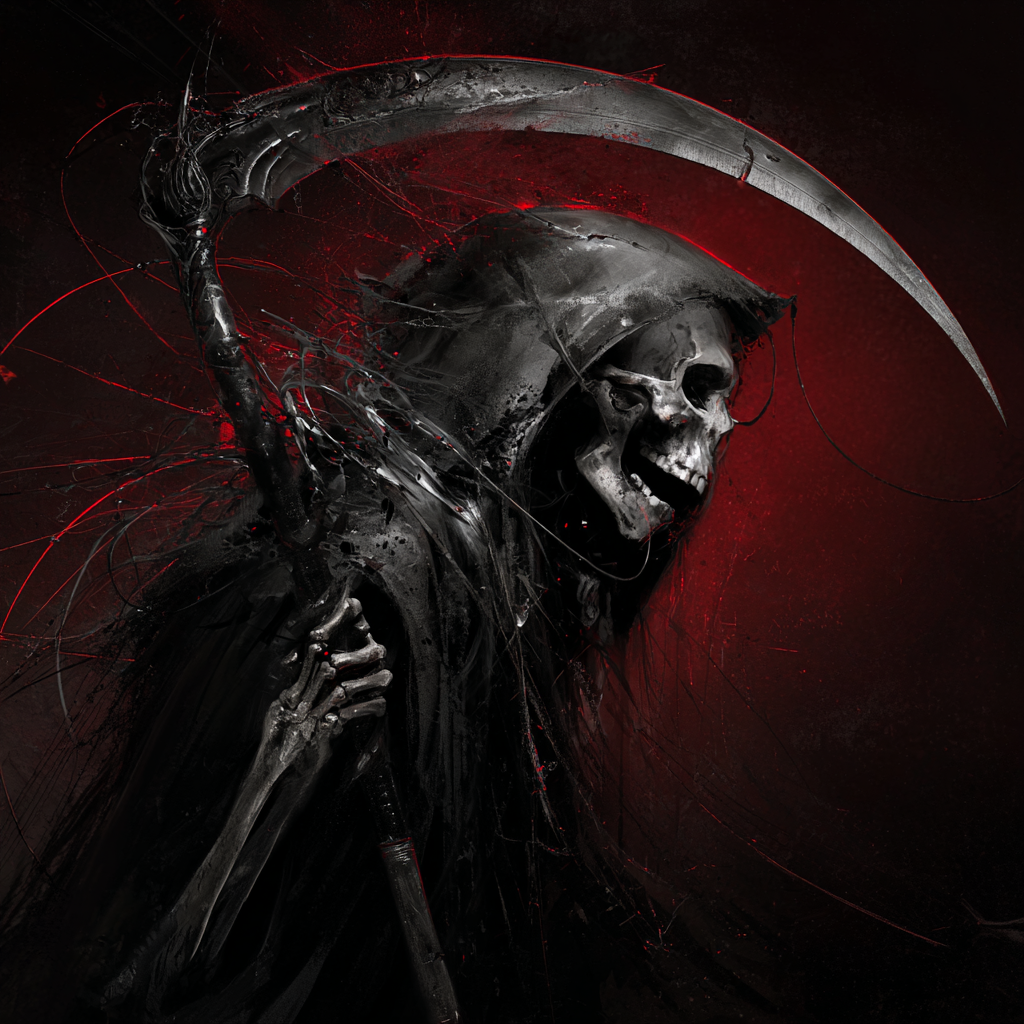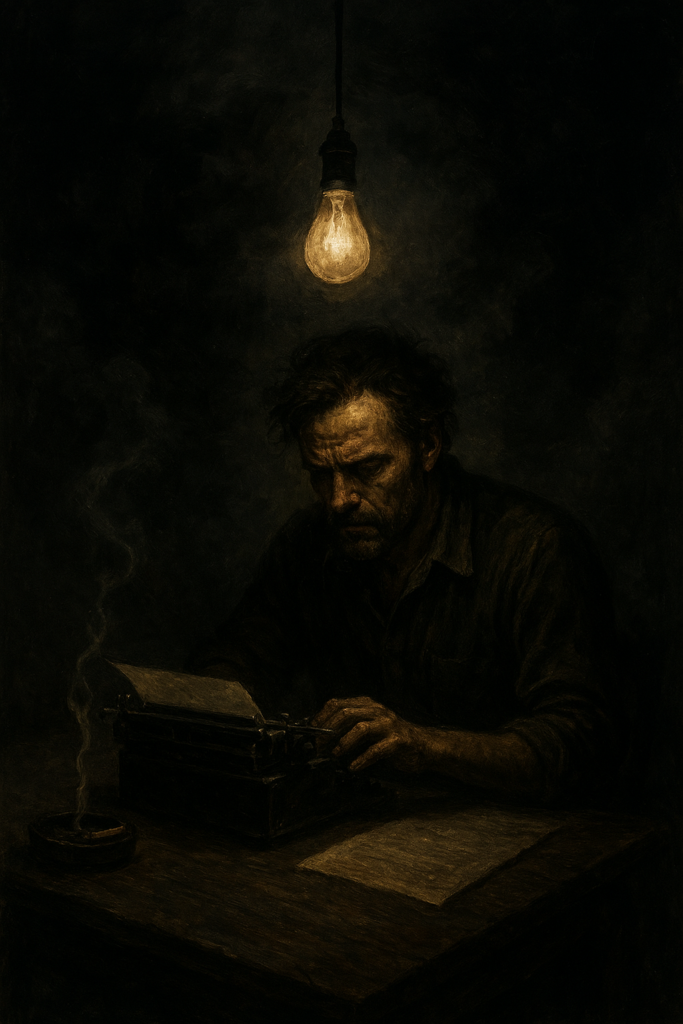On This Day in Doom
Let’s be honest, dear reader: history is a malfunctioning carnival ride operated by a meth-addled gibbon, and December 22 stands as a particularly glitchy gear in the machine. It’s a day that grabs you by the lapels, shakes the loose change out of your pockets, and whispers, “Hey kid, wanna see something really fucked up?”
Because on this specific calendar square – separated by roughly 130 years and several thousand miles of icy/suburban wasteland – we have two distinct flavors of nightmare fuel. One involves the near-death of literature’s gloomiest heavyweight, and the other involves a clown who wasn’t joking.
Strap in. The brakes were cut miles ago.
The Great Siberian Psych-Out (1849)
First up, we have Fyodor Dostoevsky, the guy who made existential dread fashionable before French people ruined it with cigarettes and turtlenecks.
Imagine this: you’re 28, a literary upstart with a naïve taste for utopian socialism who’s been arrested for reading banned books and talking too much about justice. The Tsar doesn’t like that. So you’re sentenced to death, natch.
It is cold. Not “put on a sweater” cold, but “your soul is freezing into a jagged little icicle” cold. You’re dragged out to Semyonov Square. You and your Petrashevsky Circle buddies are lined up. You are read your death sentences. You are given the white shirts of the condemned, which is a fashion statement no one wants to make. You’re blindfolded. You hear the click of rifles being raised. The drums roll. The priest does his mumbling bit with the cross. You feel the cold breath of eternity on your neck. You stand there, probably thinking, “Well, this is going to severely impact my ability to write 800-page novels about guilt.” This is it. The Big Sleep. The dirt nap. And then a messenger gallops in – presumably in slow motion, possibly while an eagle screeches overhead – waving a piece of paper. “Psych!” screams the Tsar (paraphrasing). “Just kidding! You aren’t dying today! You’re going to Siberia for four years of hard labor. Four years of frostbite, dysentery, and theological whiplash. Enjoy!”
It was a mock execution. A prank. A piece of psychological theater designed to break his sprit so thoroughly that he’d be sweeping up the shards of his own psyche for decades. And it worked, sort of. He walked away from the firing squad with a rewired brain. Dostoevsky went to the klink, got epileptic, found Jesus, and came back to write Crime and Punishment, The Brothers Karamazov and other breakup letters to God.
Essentially, the Tsar’s twisted sense of humor gave us the entire canon of Russian existentialism. If the command to “Fire!” had been given three seconds earlier, your college lit syllabus would look drastically different, and we’d have fewer metaphors for suffering. The Tsar played Russian roulette with a writer’s soul and lost.
The Clown in the Crawl Space (1978)
Fast forward to 1978. We trade the frozen wasteland of Russia for the frozen wasteland of Des Plaines, Illinois. Different continent. Different kind of horror.
Enter John Wayne Gacy. A contractor. A precinct captain for the Democrats. A guy who dressed up as “Pogo the Clown” to entertain sick kids, which in retrospect is the darkest irony in the history of polyester costumes.
By December 22, the cops had been buzzing around Gacy like flies on roadkill. He’d been playing this cat-and-mouse game, strutting around with an arrogance that suggested he thought he was smarter than the collective moral universe. He wasn’t. He was just a contractor with a really bad smell coming from his heating ducts.
On this day, the dam broke. Gacy, likely realizing the jig was up or perhaps getting tired of the charade, started talking. And once he started, he didn’t stop. He admitted to killing 33 young men and boys. He drew a map. He pointed to the crawl space beneath his house – a ranch-style suburban home that looked exactly like every other ranch-style suburban home – and essentially said, “Yeah, they’re down there.”
It’s hard to process the logistical horror of it. Twenty-nine bodies buried under the floorboards while he ate dinner and watched TV about them. It’s the ultimate suburban gothic nightmare: the monster isn’t in the closet; the monster is the guy checking your permits, and he’s literally built a life on top of his victims.
N.P.: “Scarecrow” – Meg Lee Chin


